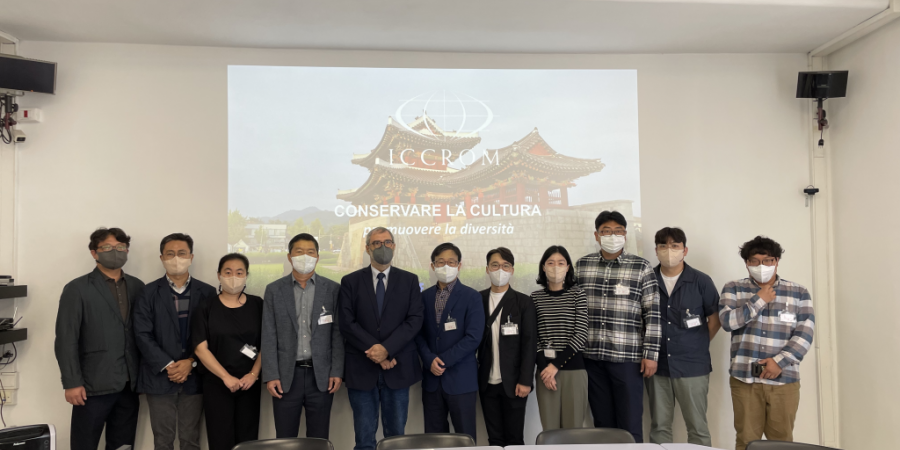
Welcoming CHA delegation to headquarters
We were happy to welcome a delegation from the Cultural Heritage Administration of the Republic of Korea (CHA) to ICCROM headquarters on 19 October 2022.

We were happy to welcome a delegation from the Cultural Heritage Administration of the Republic of Korea (CHA) to ICCROM headquarters on 19 October 2022.
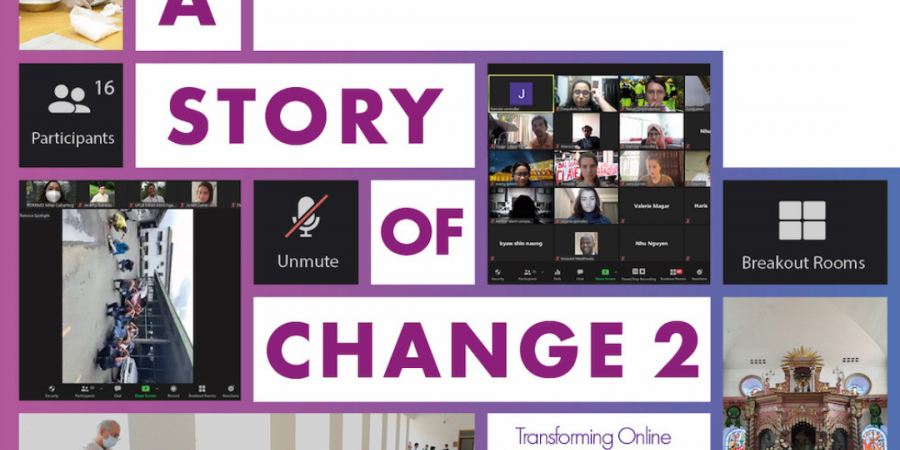
ICCROM and the Cultural Heritage Administration of the Republic of Korea, in collaboration with Escuela Taller Foundation de Filipinas Foundation Inc., Philippines, are pleased to announce the release of the publication, A Story of Change 2 – Transforming Online Learning into Action for Disaster Risk Management of Heritage Collections, now available for free download.

The International Course on the Reorganization of Collections Storage in Museums of Southeast Asia has officially concluded with the ten participating museums successfully implementing their RE-ORG projects. The main objective of the seven-month course was to help participants enhance their institutions’ collection management and optimize their use of storage space, thus ensuring their collections...

Museums in Southeast Asia have put theory into practice when it comes to managing their collections, using skills they learned at last year’s ICCROM course. The ten museums that participated in the CollAsia programme’s International Course on the Reorganization of Collections Storage in Museums of Southeast Asia were excited to implement the RE-ORG Method in their storage spaces.
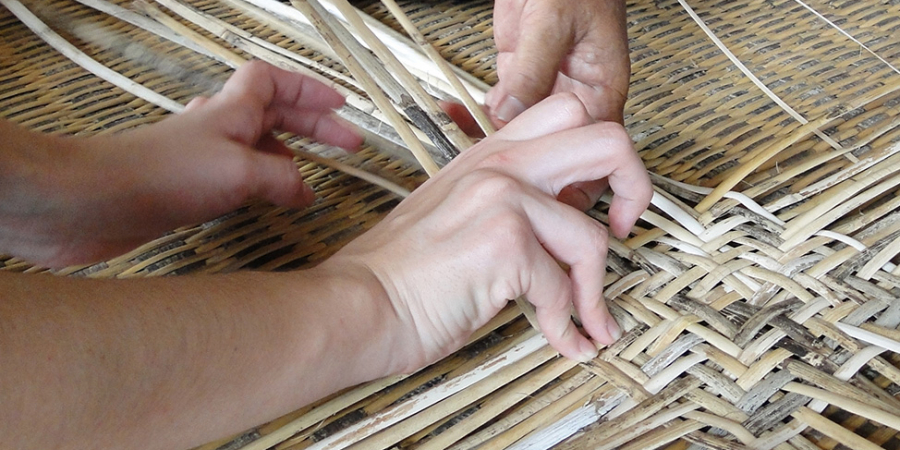
ICCROM is pleased to invite proposals for innovative local field projects aimed at strengthening and showcasing the benefits of Southeast Asia’s rich and diverse heritage through Collections, Conservation, and Communities. This is an opportunity to create positive and lasting change for present and future generations in Southeast Asia, by making concrete contributions to advance the Sustainable...

As the COVID-19 pandemic continues to disrupt everyday life, ICCROM's International Course on Rethinking Disaster Risk Management for Cultural Heritage Collections has provided a window of opportunity to rethink training and develop capacities.

In recent years, Southeast Asia has been affected by unpredictable disasters caused by natural hazards, such as flooding, tsunamis, earthquakes, fires and tropical storms. The region is home to invaluable and significant cultural heritage forms, ranging from the tangible, such as museum and archival collections, ancient monuments, archaeological sites, as well as the intangible: customs, music...
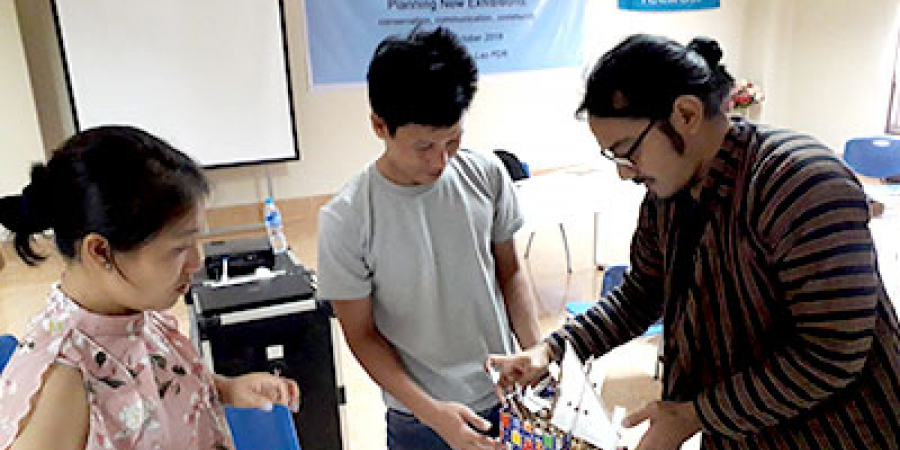
Heritage collections bear testimony to our diversity, ingenuity, and history. They are a powerful resource for education which foster creativity, social cohesion and well-being. Exhibitions are a powerful tool to promote change, and their planners are the actors who can make it happen.
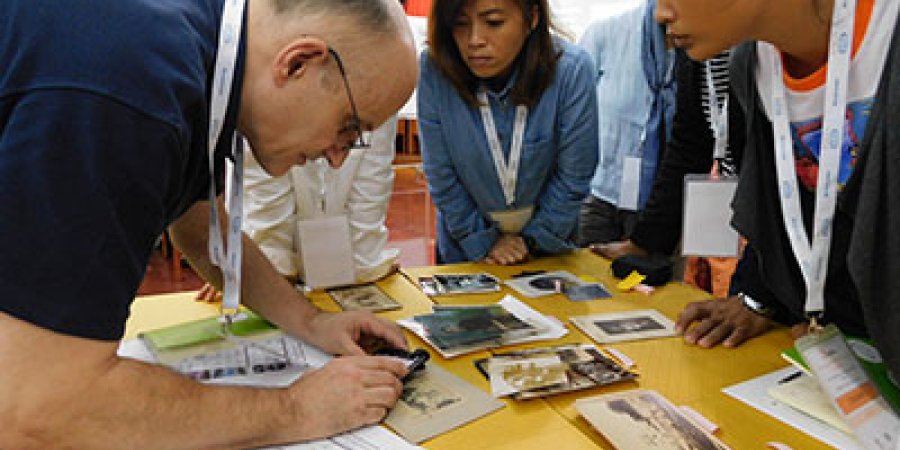
The CollAsia international course on “Conserving Photographic and Archival Collections” was successfully held in Ho Chi Minh City, Viet Nam, from 22 November to 15 December 2018. CollAsia is a training partnership between ICCROM and the Cultural Heritage Administration of Korea (CHA) to improve the conservation and use of heritage collections in Southeast Asia. Every year, a course is organized in...